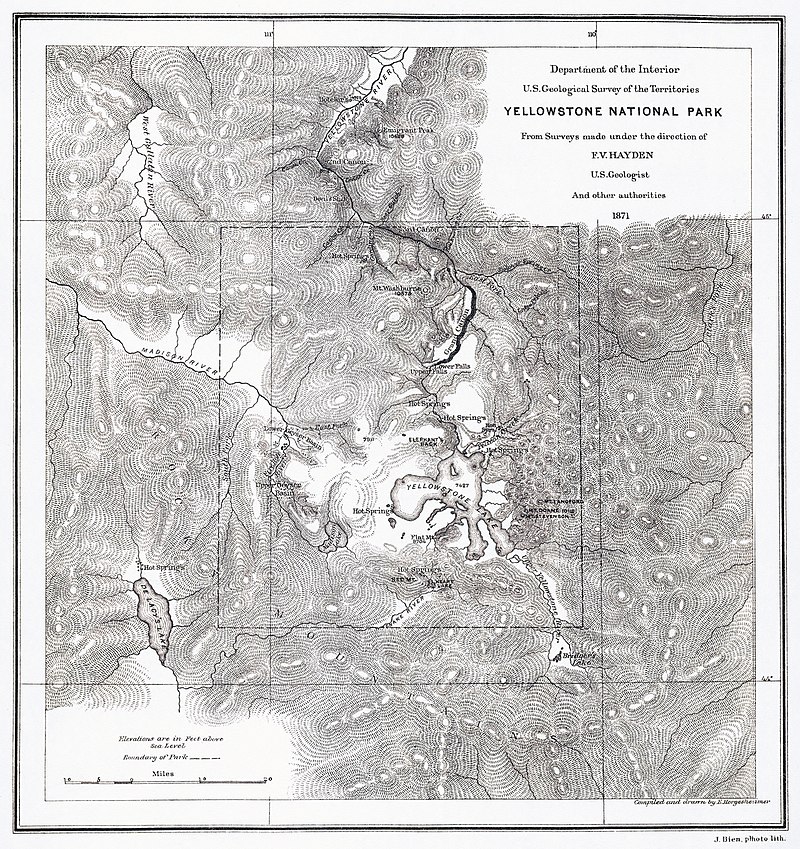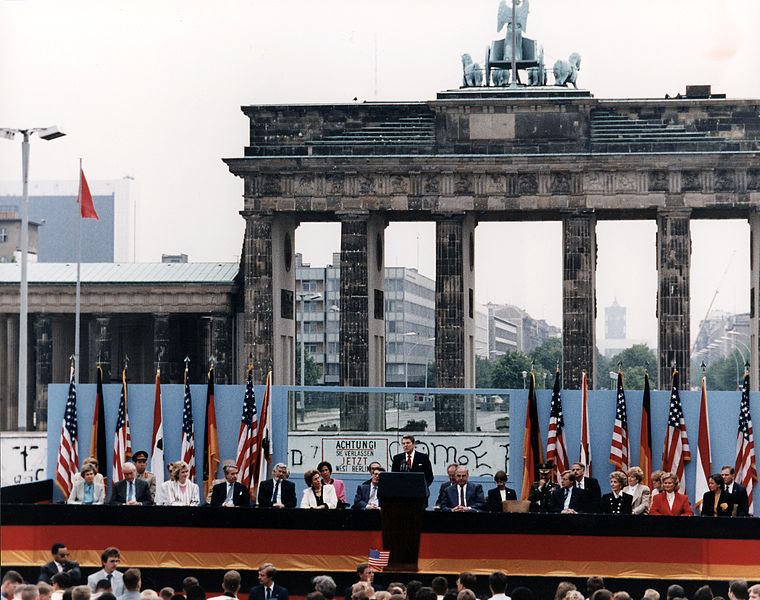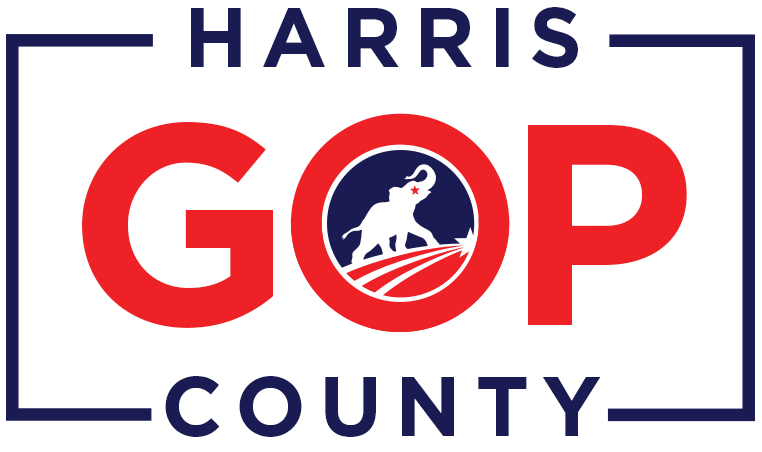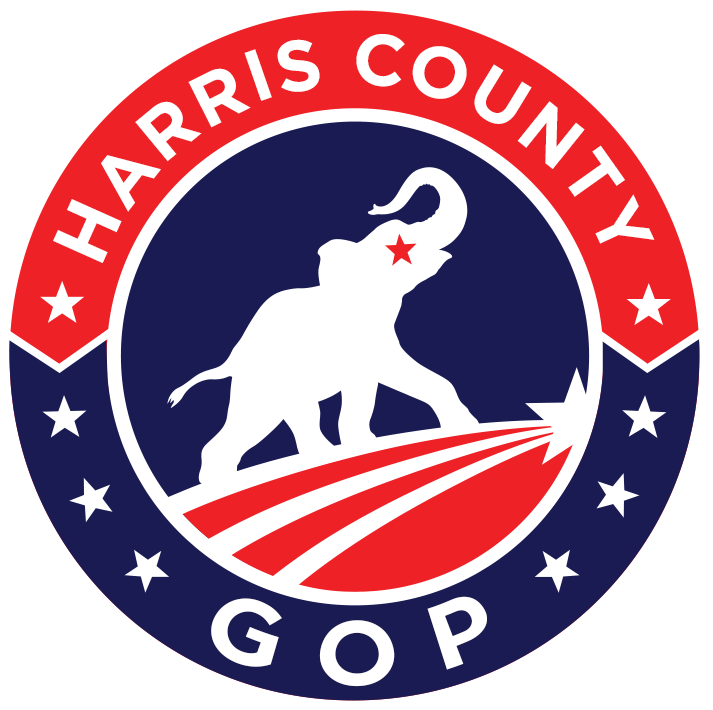Precinct Chair Duties
General Expectations
• Help promote and grow the local county party.
• Work to elect Republican candidates to office.
• Your #1 goal is to maximize the Republican vote in your precinct .
Selection Process
• Elected for a two year term in the Republican Primary by filing with the County Chair to
be on the ballot.
• If the election has passed and the position is or becomes vacant the County Executive Committee (CEC) may appoint someone to fill the position
Duties within your Precinct
• Identify, register, inform and turnout voters.
• Get to know Republicans in your precinct.
• Organize voters in your precinct and provide opportunities to become more involved .
Duties within the County Party
•Participate in County Executive Committee Meetings.
•Serve as an Officer, Committee Chair or Committee Member.
• Recruit Precinct Chairs & Volunteers.
•Help work precincts without Precinct Chairs .
• Assist your County Chair as needed.
Duties within Local Elections
• Place signs at polling locations the night prior to the election.
• Serve as or recruit voters as an Election Judge or Election Clerk .
Duties within the Convention Process
• Conduct the Precinct Convention as the Temporary Chair and ensure that all precinct
convention paperwork is returned to the County Chair.
• Assist the County Chair as needed to hold the County or Senate District Convention.
Grand new party.
The name “Republican” was chosen, alluding to Thomas Jefferson’s Democratic-Republican Party and conveying a commitment to the inalienable rights of life, liberty, and the pursuit of happiness.
The Party was formally organized in July 1854 by thousands of anti-slavery activists at a convention in Jackson, Michigan. And it was no accident that two years later, in 1856, the first Republican National Convention took place in Philadelphia, where the Constitution was written.
Party of Freedom.
Though popularized in a Thomas Nast cartoon, the GOP’s elephant symbol originated during the 1860 campaign, as a symbol of Republican strength. Republicans envisioned “free soil, free speech, free labor.” Under the leadership of President Abraham Lincoln, the GOP became the Party of the Union as well.
The early women’s rights movement was solidly Republican, as it was a continuation of abolitionism. They were careful not to be overly partisan, but as did Susan B. Anthony, most suffragists favored the GOP. The 19th Amendment was written by a Republican senator and garnered greater support from Republicans than from Democrats.
Party Of Prosperity.
President Dwight Eisenhower and congressional Republicans appreciated the fact that the private sector, not government, is the engine of wealth creation. With his bold tax-cutting agenda, President Ronald Reagan revived the economy after years of Democrat malaise.

Party Of Vision
President Eisenhower advocated groundbreaking civil rights legislation and vigorously enforced the Brown v Board of Education decision, sending the 101st Airborne to Little Rock when chaos erupted following integration at Central High.
Ronald Reagan explained the difference between Democrats and Republicans in a way that cannot be improved upon: “Two visions of the future, two fundamentally different ways of governing – their government of pessimism, fear, and limits, or ours of hope, confidence, and growth. Their government sees people only as members of groups. Ours serves all the people of America as individuals.”
President George H.W. Bush championed community and volunteer organizations and the tremendous power they have for doing good. He famously described them as “a brilliant diversity spread like stars, like a thousand points of light in a broad and peaceful sky.”
In the first decade of the 21st century, President George W. Bush made an unprecedented commitment to helping those in need beyond our shores through the President’s Emergency Plan for AIDS Relief (PEPFAR), an aid program for countries devastated by HIV/AIDS. Since its inception, PEPFAR has saved over a million lives and currently provides over 5 million people with life-saving treatments.
Party Of Strength

Party of the future.
Drawing inspiration from our Party’s history, today’s Republicans believe individuals, not government, make the best decisions; all people are entitled to equal rights; and decisions are best made close to home.
Nationally, Republicans recognize that the slow, bloated, top-down Washington bureaucracy is out-of-date in the 21st century. Our Party works to give Americans more choices—in healthcare, in education, in energy, and in the economy—and to free individuals and families from the intrusive overreach of federal bureaucrats.
The Party’s core principles of freedom and equal opportunity are as relevant today as at our founding, and they are the roadmap for American renewal in a new and interconnected world.

